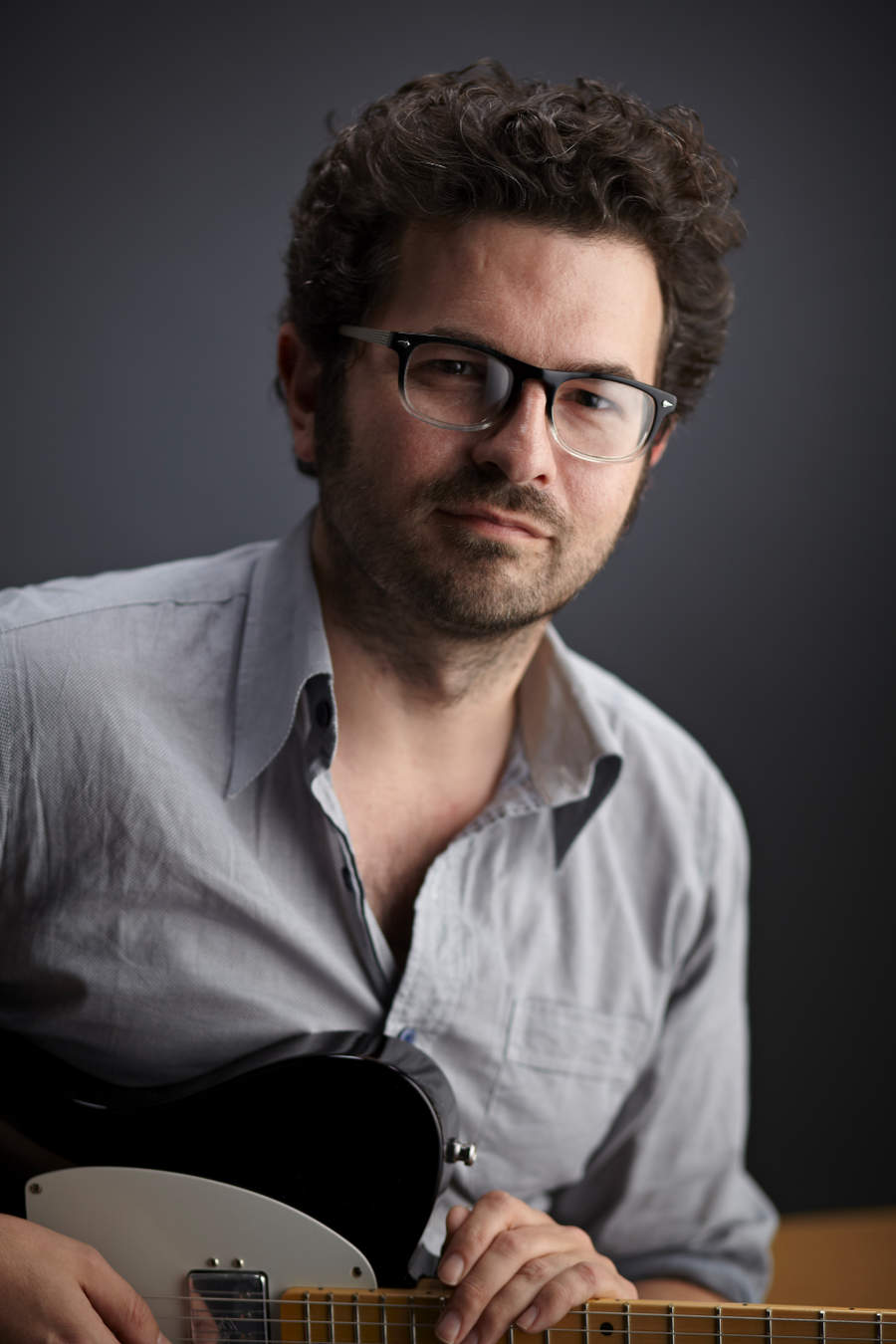The Darkness: “We didn’t come here to ride the teacups. We came for the rollercoaster”
Justin and Dan Hawkins talk tone, mid-gig takeaways and their 12th fret border
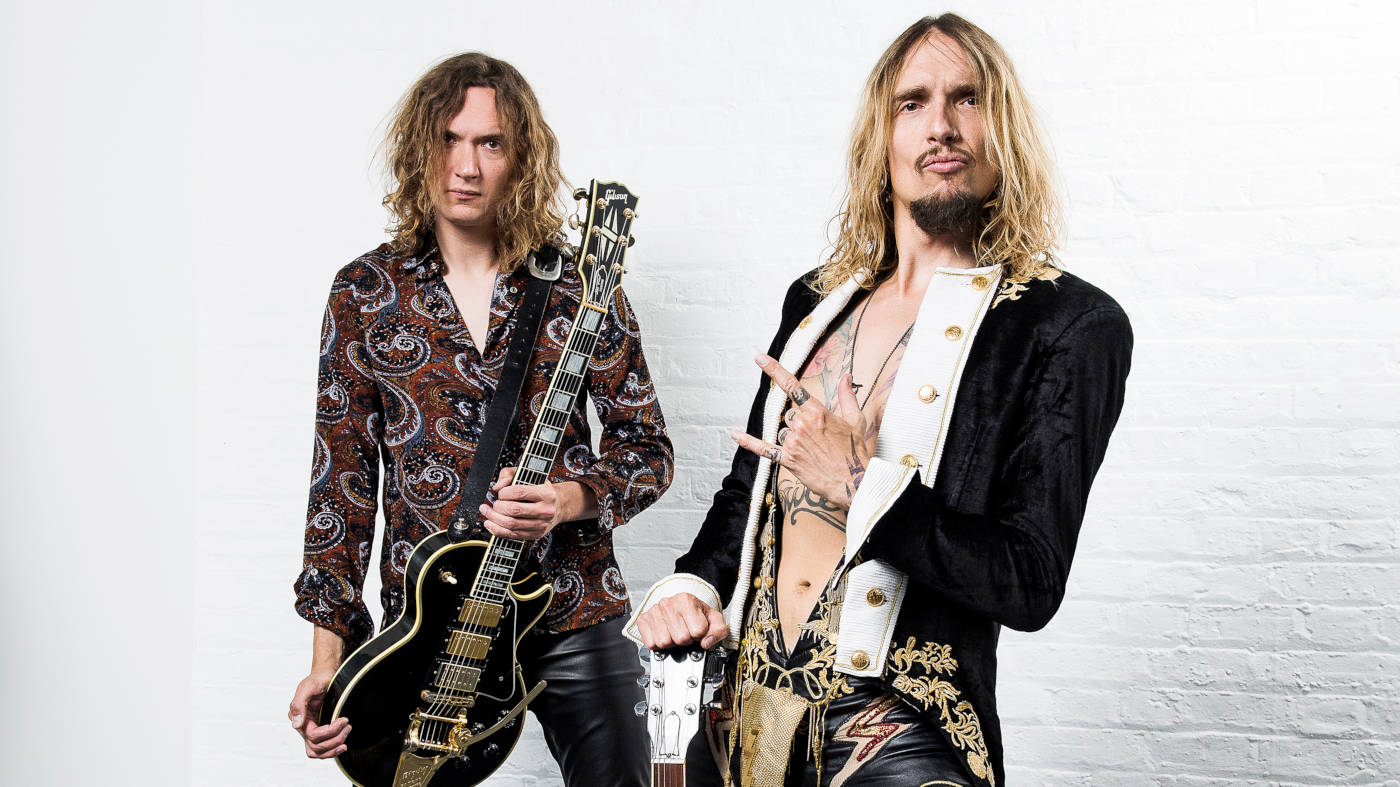
It’s a bright morning in West London, and Dan and Justin Hawkins, the brothers behind The Darkness’s double-pronged guitar sound, are putting off the inevitable. Before them is a large table laden with hundreds of CDs to sign for fans.
It’s task they’re glad to undertake, but not perhaps the most exciting duty in the diary of a rockstar. So they’re happy to chat for a while before getting stuck in and reminiscing about some of the craziest excesses they enjoyed - and sometimes endured - at the height of their fame.
Older and more savvy than they were in the delirious days of the early Noughties, when their hit single I Believe In A Thing Called Love leapt with ecstatic energy from radios around the world, they’re still as in love with the sound of Marshalls at full tilt as the day they started.
Deceptively deft songwriters, Dan and Justin also have a store of hard-won knowledge to share about how to write melodic rock guitar hits. So we put the pens to one side a little longer, grab a coffee and request permission to lounge…
It sounds like we’re being clever, but really it’s the product of laziness
You’ve been a twin-guitar team for nearly two decades now. How do you divide up guitar duties for best effect?
Justin Hawkins: “I don’t do a lot of writing on the guitar. That’s mostly Dan’s department - he does 99 per cent of the riffs. We work together on the melodies and I do all the words. And then when it comes to creating solos, we work on those together because there’s often bits where we’re either harmonising or an approximation of each other’s lines.”
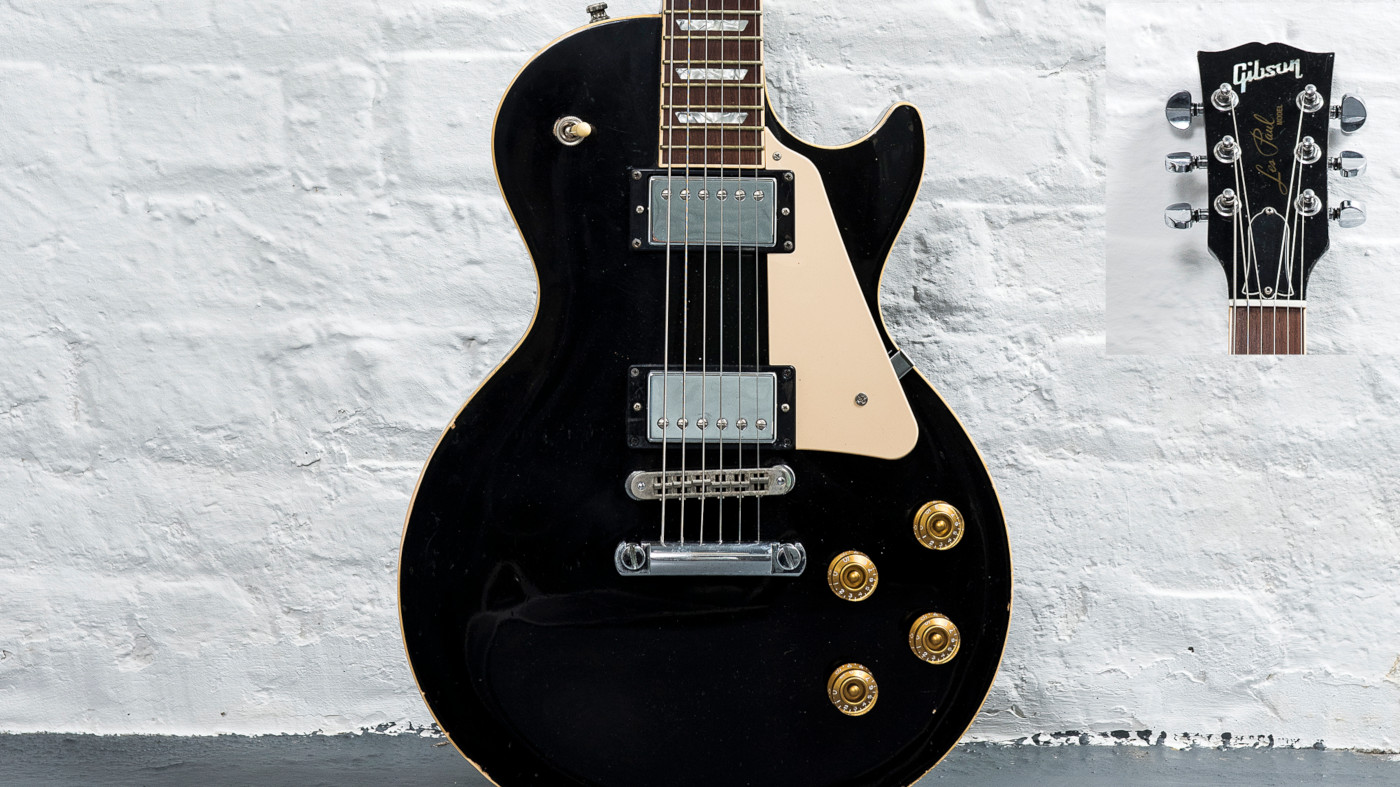
Lizzy-style harmonised guitar lines are a hallmark part of your sound. What are your tips for nailing them?
Get the MusicRadar Newsletter
Want all the hottest music and gear news, reviews, deals, features and more, direct to your inbox? Sign up here.
Dan Hawkins: “Sometimes it happens when we’re in rehearsal, before the lyrics have been written, really. And there’ll be a guitar line and we’ll just work out the harmony there and then.
“It’s really dull for the other guys, because what we’ll do is put that section of music on a loop and then we’ll both play until we’re there. There’s a solo section in Lay Down With Me, Barbara, which is quite a long, harmonised piece…”
JH: “No, you mean the other one…”
DH: “Oh, sorry: I Wish I Was In Heaven - yes, so we had to practise that one and it just involved going round it and round it. It’s quite funny because it’s almost like a video game like Donkey Kong or whatever, where you’ll get so far up the level and then you make a mistake and then the whole thing turns to shit and so you have to wait until you’re back to the beginning, and then you get the section right up to then and you get past that bit and the next bit fails and you go, ‘Fuck!’”
I flatly refuse to go past the 12th fret
Dan Hawkins
JH: “But most of the time it is only like a 3rd over. That’s usually how we do it. And if it slips into 5ths, it’s because it’s convenient [laughs] or something’s wrong with a 3rd…”
DH: “It’s basically done with what sounds the best - we don’t work it out, because it can go anywhere. Because, sometimes, if it’s not really working we’ll change what the main melody line was.”
JH: “Also, there are certain areas on the neck where Dan’s more comfortable and certain areas where I’m more comfortable. So sometimes you have to switch it. It sounds like we’re being clever, but really it’s the product of laziness.”
DH: “I flatly refuse to go past the 12th fret.”
JH: “…Whereas I don’t like coming down below it… [laughs].”
DH: “Even his rhythm work will remain above the 12th fret [laughs].”
Could you get a custom guitar made that only has frets above the 12th fret?
JH: “Yes - and fretless below it, like Jaco Pastorius.”
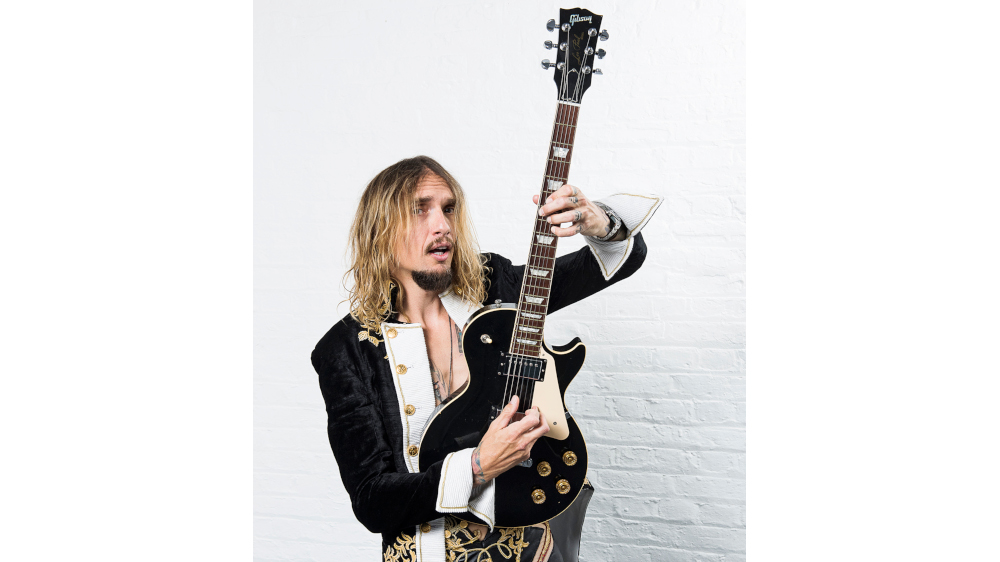
Backline battle
When Rick St Pierre brought me my new Wizard, it sounded like a spaceship taking off it was so loud
What’s your backline like?
JH: “Mine is two Wizard amps and that’s it.”
DH: “On that album [Pinewood Smile], Justin’s playing 100-watt Wizards, both Modern Classics. And, yeah, basically he has a rhythm sound that is slightly less saturated and then the lead sound, which is heavily saturated - and that is really it.”
JH: “That used to be my goal, to just have nothing really, and then I think when I was playing Marshalls, the tech was sneaking things in to get the response that I wanted from it. So I ended up with a lot of pedals I wasn’t even aware of.”
Did you just open a cupboard and find them one day…
JH: “Yeah, I was devastated [laughs].”
DH: “Yeah, ‘What is that hissing noise?’”
JH: “[Pretends to be confronting his guitar tech] ‘Yeah, what are all those lights flashing? And why do you keep buying batteries?’”
DH: “Justin’s a proper endorsee of Wizard now…”
JH: “Not an endorsee of Wizard amps - international ambassador…”
DH: “Basically, depending on the size of the gig, we switch between 50-watt heads and 100s. So Hammersmith was a 100‑watt show, but at other times when we’ve been squashed to the front of the stage right in front of our amps, it’d be 50s.
“Also, funnily enough, at festivals - where you’d think there’d be the least problem [with playing loud] - because the amps are so directional with sound and it’s such a harsh sound, it can really mess with the overall sound. You can easily project way over a PA’s volume with 100-watt Marshall stacks.”
JH: “When Rick St Pierre [AC/DC tech and Wizard amps designer] brought me my new Wizard, it sounded like a spaceship taking off it was so loud. Even then, it still wasn’t as loud as [Dan’s]…”
DH: “We also try not to use power brakes or attenuators any more. We angle the cabs off instead.”
Generally, when people go on about [fine-tuning tone], it makes me feel a bit ill, really
How do you like to EQ your amps?
DH: “I don’t, really… you can do more with the sound of a Marshall by turning it up, to be honest. I’ve found the EQ doesn’t really do anything, though I’ve been knocking presence off, mostly, trying to get rid of some of the harshness. But my advice with a Marshall is to get it turned up and turned away from you - because then you don’t need anything. You turn it up and it sounds great.
“I’ve thought about having all the knobs removed, and having just the master volume on there. But, mainly, the problem is finding places where you can turn it up so loud that you can get it so it sounds the way it should, because it starts to compress.
“The other thing is splitting Marshalls out to two cabs. I used to struggle with how aggressive my Marshall sounded - but I don’t any more because I split the head out to two cabs, on full, and it suddenly sounds less harsh.
“Generally, when people go on about [fine-tuning tone], it makes me feel a bit ill, really. But we were at a gig in Romania and we didn’t have our own gear, and so we had what we had and it was basically a brand-new Marshall head - 100-watt - and then two sets of Greenback cabs.
“Up until then I’d never really run two cabs off one head before with no power brake. But we had no choice, because that’s all we had. But then it was like, ‘Oh my God, this is it: this is what I’ve been doing wrong.’ So yeah, now we turn them up and point them away.”
JH: “Was that the time when we played the town square?”
DH: “Yeah, and you ordered a McDonald’s from the stage.”
Was that order delivered over the PA?
JH: “Yeah, I said, ‘Could someone bring me some fries…?’”
Did they arrive?
JH: “Yeah. The guitars sounded great, but at the end of the day we were playing the town centre…”
DH: “…in the arse-end of Romania.”
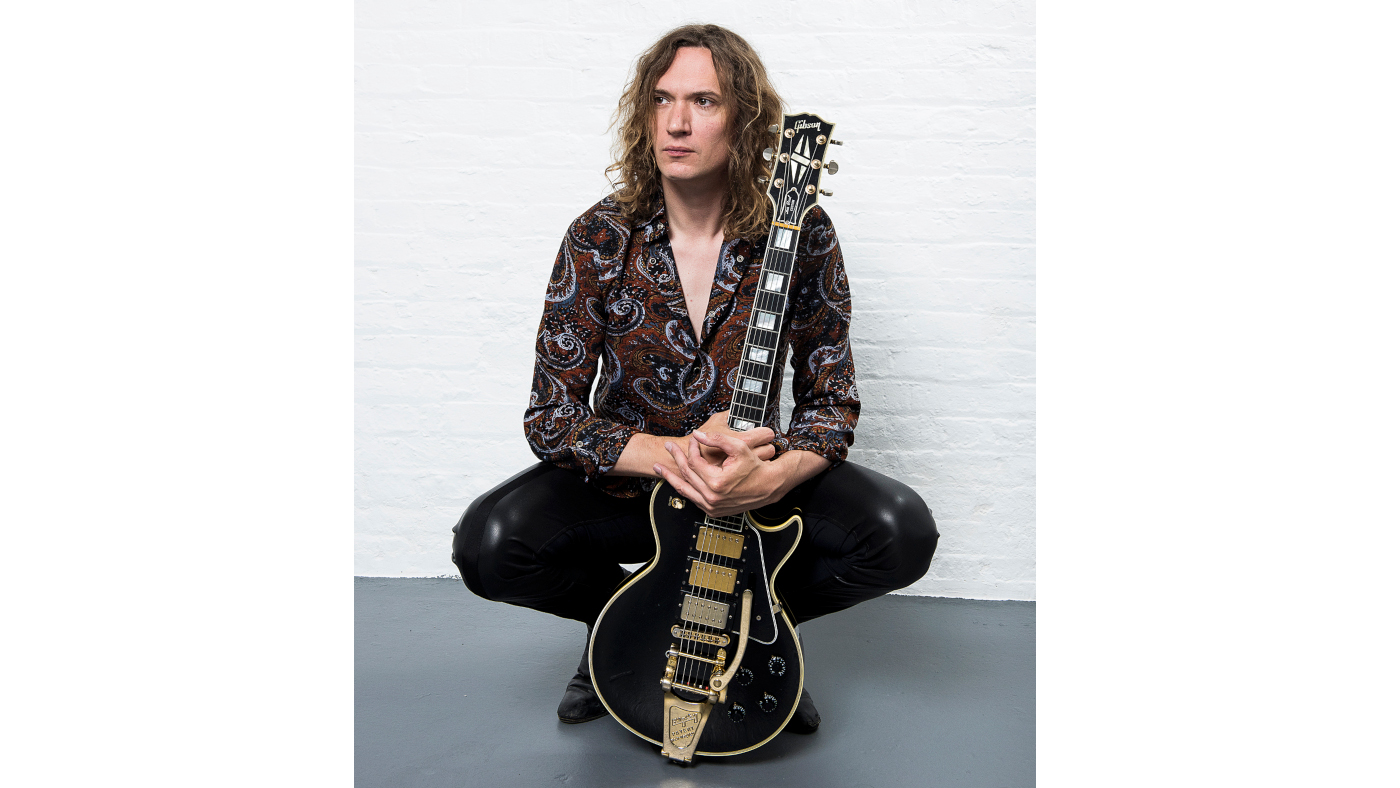
Try-harder tone
To go to something like a Wizard, it made me feel like I was really doing something special with my fingers. It’s important to feel like that
Why did you go with Wizard amps, Justin?
JH: “Dan started off with them and then one day, through necessity, I had to borrow one and just really liked it.
“I’ve always been a bit of a sloppy player, so I used to like Mesas because they used to do a lot of the work and I didn’t have to fret things as carefully. But then when we reformed we started playing through Marshalls, because they made me try a bit harder, made me a better player.
“Having made that adjustment to my playing, to go to something like a Wizard, it made me feel like a real pro. Like, I was really doing something special with my fingers. It’s important to feel like that, isn’t it? Like when you hit a note and you just get exactly what you were hoping it would sound like. With no fuss or pedals or anything like that. That made me feel good.”
DH: “We’ve got a nice selection of amps now. We’ve got a Friedman small-box version of the Brown Eye. That’s just a phenomenal amp.”
JH: “I used that Friedman for all the solos on the last album, because I did them all at the weekend when nobody else was around and I didn’t know how to plug in the other ones [laughs]. I didn’t know anything about how they were patched or anything like that. So I just used that one and I liked it.”
You’ve tasted full-throttle fame and survived it. How did the reality of that compare to what you thought it’d be like?
DH: “When you’re a kid, you have this image of it being about driving Ferraris and riding around in helicopters…
JH: “…which we did do. I was driving a Ferrari that we wanted when we were kids, a 328…”
DH: “And I bought a DeLorean [laughs].”
It’s like a mid-life crisis without the looming spectre of old age. Every day is like a stag do
JH: “It’s like a mid-life crisis without the looming spectre of old age. Every day is like a stag do - but without the looming spectre of marriage…”
DH: “It takes a while. When you get that hammered for that long, you start to lose huge swathes of time and memory. I certainly did. And then after a few years it starts to come back to you. So I’d say that the main thing is what a blur it all is at the time.”
JH: “When you think about live music and touring when you’re a kid, for us, there was a live album called Live Magic [by Queen], and you open up the gatefold of that and there’s a picture of Queen’s helicopter flying over the crowd, and you think, ‘Okay, so that’s what [big-time fame] is then: it’s helicopters with your band logo in decals on the side of it. It’s private jets. It’s fast cars. It’s anything you want to make happen of an evening, just happens. People fawning over you.’ And, you know, at a certain level I think it is like that. We did experience that for a bit.
“But the reality is that now you have to be so much more aware of the business side. I mean, we would never have a helicopter now - because we know how much it costs [laughs]. You have to be businesspeople and smart and be able to sustain it when you have moderate success like we have now.
“When you have extreme success, like we did before, you can do whatever the fuck you want and nothing matters. It’s just a great time. It’s an awesome experience. But it can be quite dangerous, I suppose, if you’re not prepared for it. But we didn’t come here to ride the teacups, as I often say. We came for the rollercoaster.”
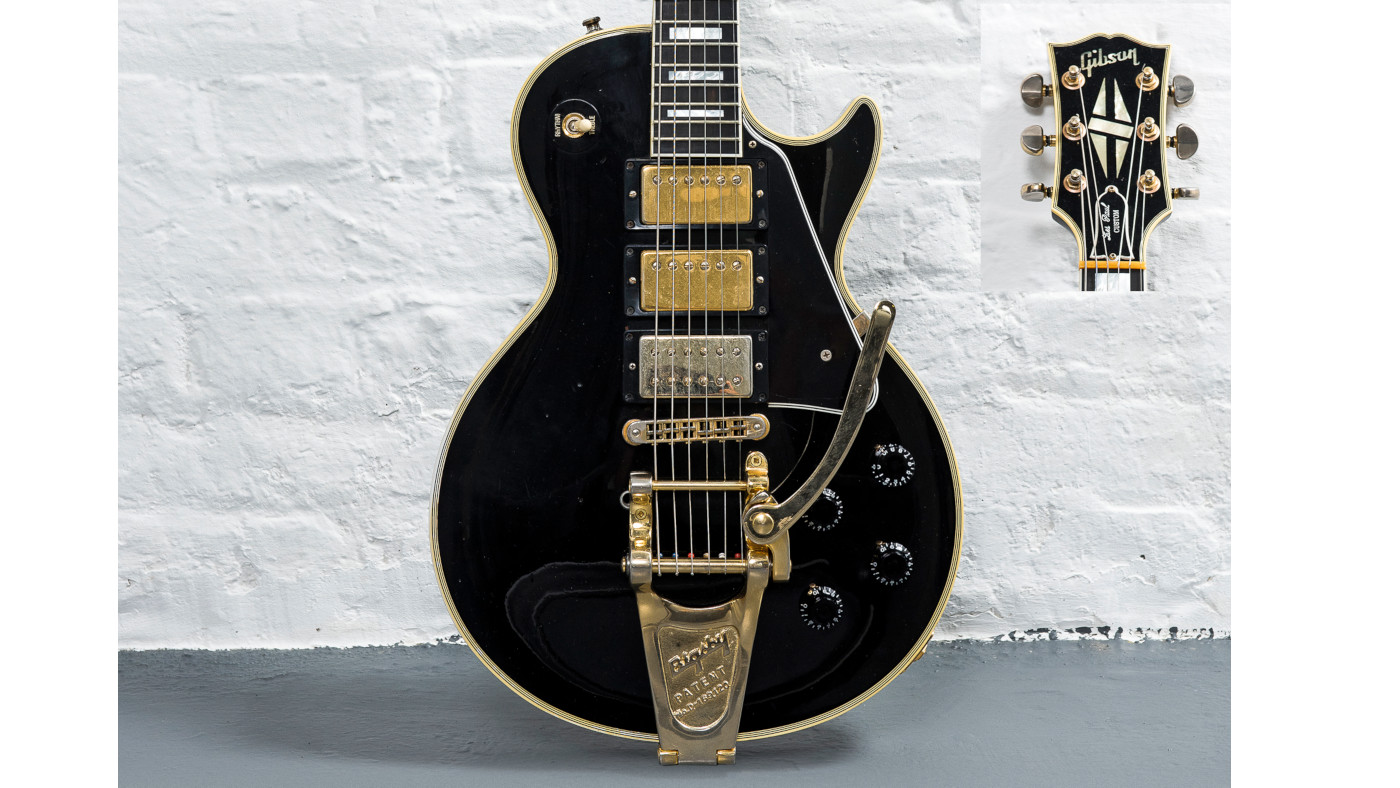
Dan’s guitar
A Page/Angus hybrid ’Paul
“This was originally made for Jimmy Page, but it was too heavy for him, so basically I phoned Gibson in 2003 and said, ‘I want one of these, can you get me one?’ And Pat Foley, who was the head there at the time, he said, ‘Well, you’re in luck, because I’ve just had one come back in.’
“So Jimmy Page had his ’57 stolen in 197-whatever. So he had one made to the exact same spec, because he wanted one of those again for when they reunited for that show. So they did it, sent this to him - but it was too heavy because they did it to the original spec. And it’s a monster, because it’s got so much hardware on it, it’s not chambered, and it’s got a big neck. So they built him a chambered one and they gave this one to me.
“The bridge pickup is out of one of Angus Young’s SGs, so the original Burstbucker can’t compete with the 498s or whatever they are in my [main Les Paul] ‘Dune’. It’s already a much brighter guitar because there’s so much metal on it. But one of my techs was given the pickup by them, so it ended up in here. I use it for Love Is Only A Feeling and the Christmas song, when we play that.”
Jamie Dickson is Editor-in-Chief of Guitarist magazine, Britain's best-selling and longest-running monthly for guitar players. He started his career at the Daily Telegraph in London, where his first assignment was interviewing blue-eyed soul legend Robert Palmer, going on to become a full-time author on music, writing for benchmark references such as 1001 Albums You Must Hear Before You Die and Dorling Kindersley's How To Play Guitar Step By Step. He joined Guitarist in 2011 and since then it has been his privilege to interview everyone from B.B. King to St. Vincent for Guitarist's readers, while sharing insights into scores of historic guitars, from Rory Gallagher's '61 Strat to the first Martin D-28 ever made.


